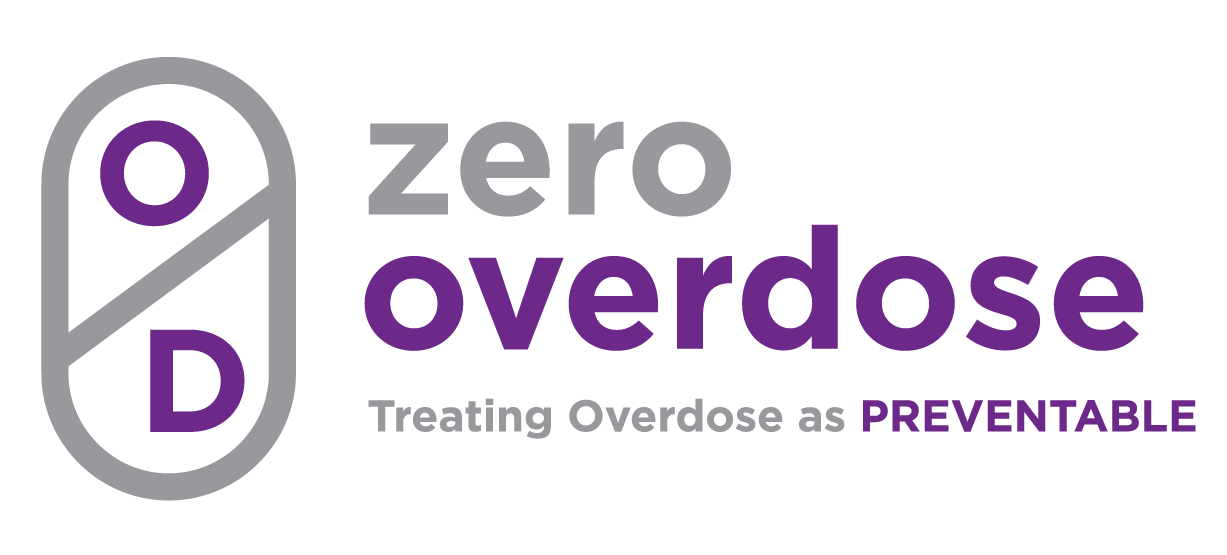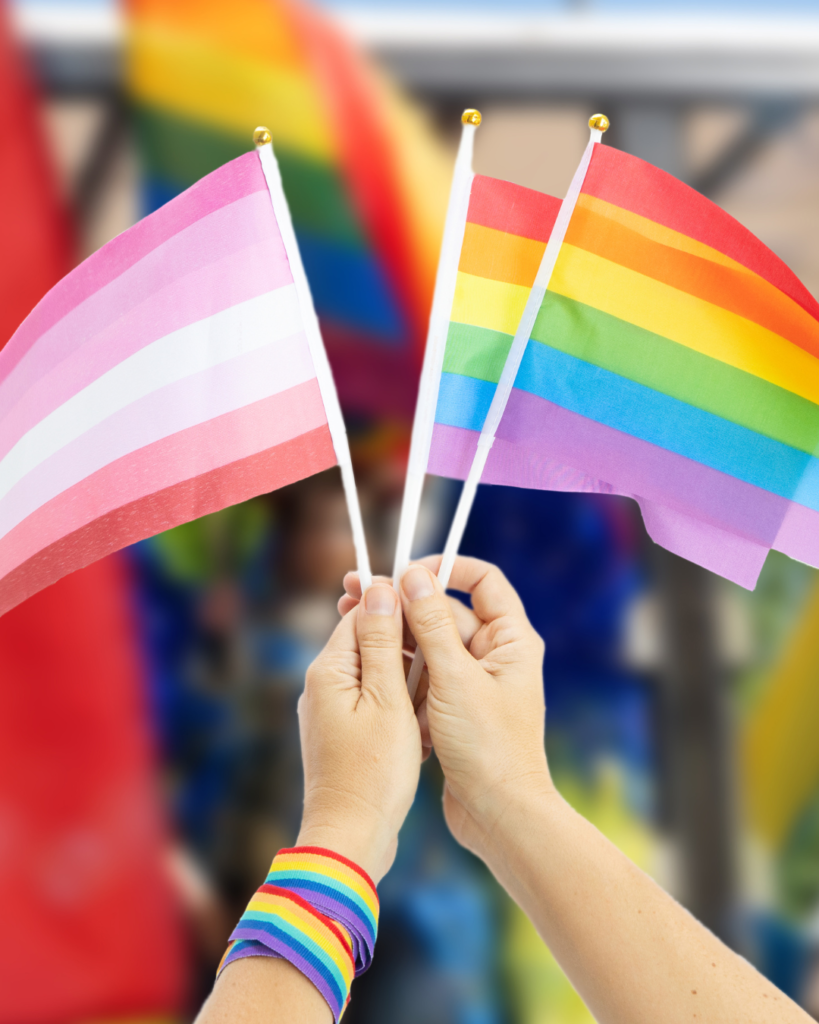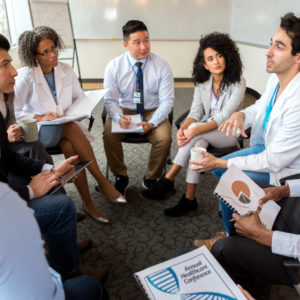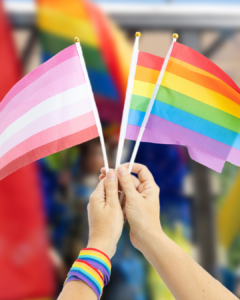A staggering 45% of LGBTQ+ youth seriously considered attempting suicide in the past year. The need for mental health support, crisis intervention, and primary prevention has never been more urgent.
LGBTQ+ individuals face unique challenges, including discrimination, social stigma, and lack of access to affirming care. This can lead to higher rates of substance use and mental health struggles.
Challenges in Mental Health Support
Many LGBTQ+ individuals experience bias in healthcare settings, leading to mistrust and reluctance to seek help.
In rural and underserved areas, access to LGBTQ+-inclusive behavioral health providers is limited.
According to the National Institute on Drug Abuse, LGBTQ+ adults are twice as likely to experience substance use disorders compared to their heterosexual peers.
Systemic stressors and social isolation contribute to higher rates of depression, anxiety, and suicidal ideation among LGBTQ+ individuals.
How Zero Overdose is Creating Safe Spaces
Training Healthcare Providers & Expanding Telehealth Services
Zero Overdose partners with organizations like Two Chairs, which offers inclusive therapy services, to help train healthcare providers in affirming, trauma-informed care. Two Chairs offers both in-person and virtual visits, with a 98% correct therapist match on the first try. 24% of therapists at Two Chairs identify as LGBTQ+.
Zero Overdose supports the utilization of crisis lines, including The Trevor Project and Trans Lifeline, to integrate overdose prevention strategies into LGBTQ+ mental health support.
Embedding Safety Planning in EHRs
Zero Overdose’s Safety Training Plan works seamlessly with all electronic health record (EHR) systems to ensure LGBTQ+ patients have access to safety planning features.
Safety planning includes primary prevention strategies, crisis intervention resources, and personalized care plans tailored to individual needs.
Inclusive Language in Safety Training Plans
Recognizing the power of language, Zero Overdose ensures all Safety Training Plans incorporate inclusive terminology and pronouns.
By fostering affirming communication, Zero Overdose creates safer, more supportive healthcare environments for LGBTQ+ individuals.
Creating safe spaces isn’t just about physical environments—it’s about guaranteeing access to affirming care, crisis intervention, and a supportive community. Zero Overdose remains dedicated to reducing overdose events by expanding access to overdose safety planning and education for individuals and communities at risk.





